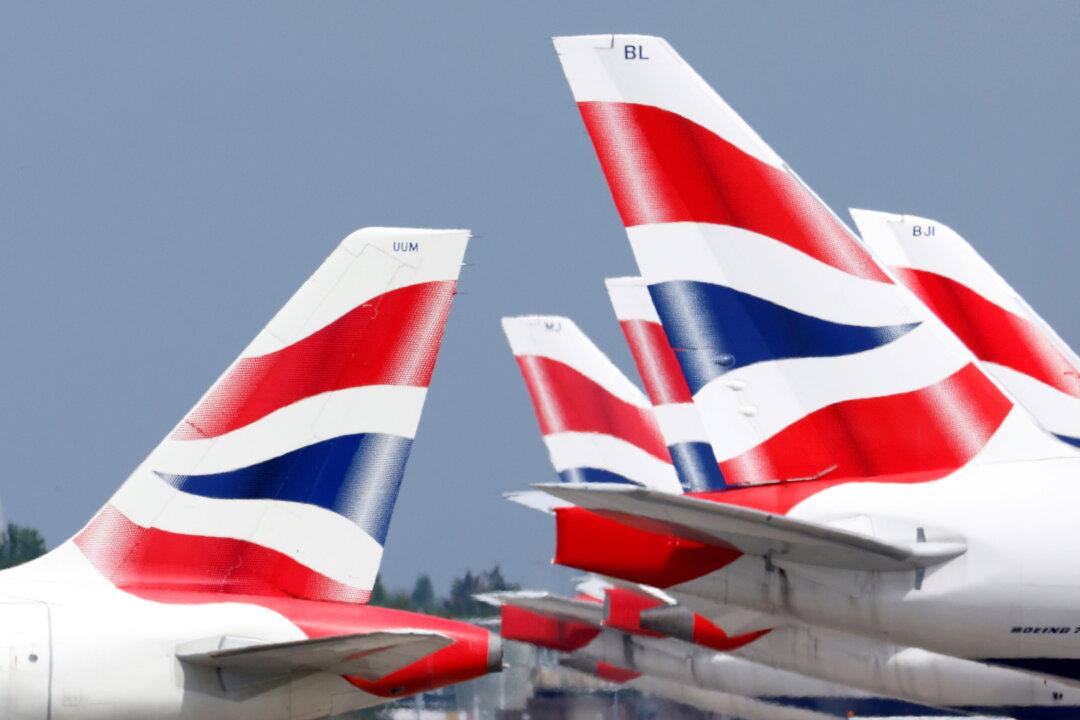The requirement for COVID-19 testing for fully vaccinated travellers arriving in the UK will be scrapped next month, the UK government has announced.
Eligible fully vaccinated passengers arriving in the UK will “no longer have to take a post-arrival lateral flow test” from 4 a.m. on Feb. 11, Transport Secretary Grant Shapps told the House of Commons on Monday.





